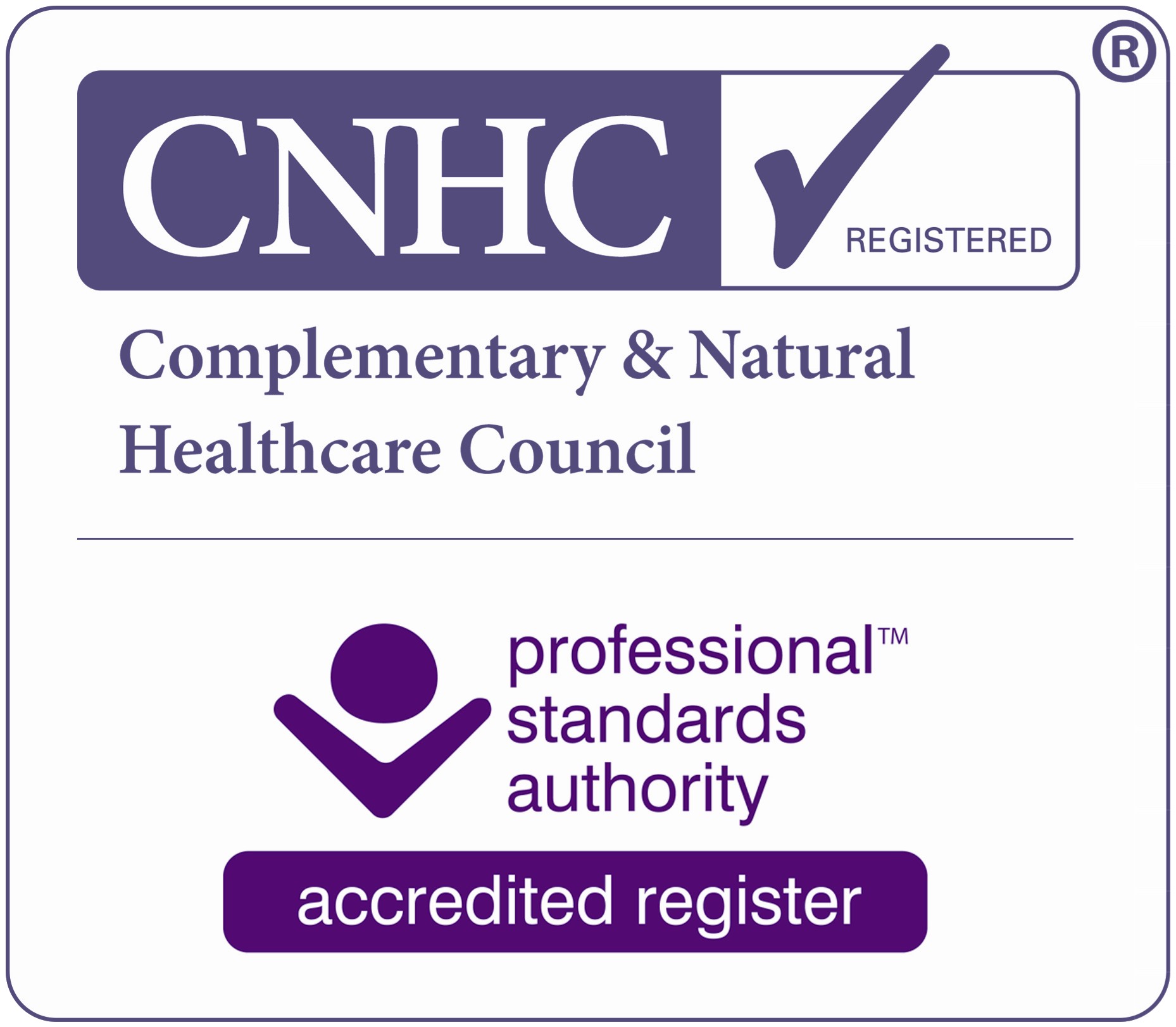Relative Efficacy of Smoking Cessation Methods
There was an ad in my local paper, on 31st December 2004, for a hypnotherapy practice charging smokers £180.00 to stop. Part of the advertisement read, “The publication ‘New Scientist’ reported research on over 70,000 people, showing hypnosis to be the most effective way to give up the smoking habit.”
That New Scientist article gets quoted a lot by hypnotherapists, for obvious reasons, but I wonder how many have ever looked at the research behind it?
The research was, in fact, a review (or ‘meta-analysis’) of existing research into the effectiveness of smoking cessation methods, carried out by Chockalingam Viswesvaran and Frank L Schmidt of the Department of Management and Organizations at the University of Iowa, and was published in the Journal of Applied Psychology in 1992. This is what it really says.
The review covered 633 studies of smoking cessation methods, involving 71,806 subjects. These studies were sorted into 15 types of program, one of which was hypnosis. 48 of the 633 studies qualified as hypnosis, and they involved 6,020 people. Once adjusted for the 6% of hypnotees who would have given up anyway (established by 41 control groups scattered throughout the review) hypnosis proved to be 30% successful. So out of the 6,020 hypnotees, 1,806 quit thanks to hypnosis. That means that 70,000 of the advertisements’ “over 70,000,” did not stop smoking due to hypnosis. On the other hand, if they had all had hypnosis, another 19,736 would have stopped, instead of the 13,157 who actually did.
You can have fun analyzing the table below any way you chose. These, I think, are the important points.
-
Hypnosis is the second most effective way of making someone quit smoking, after heart disease but ahead of lung disease.
-
Hypnosis is three times more likely to succeed than will power alone.
-
Hypnosis is 30 times more effective than your doctor’s advice.
-
Hypnosis is 50% more effective than all other smoking cessation methods put together.
-
Any hypnotherapist claiming better than 30% success has no proof. You only have their word for it.
-
If you want to stop smoking, and don’t want to wait for a heart attack, hypnosis is clearly and unarguably your best bet.
| Type of Program | No. of Studies | Total Sample | Mean Quit Rate | Control Adjustment | Net Effectiveness | Relative Effectiveness | Success Ranking |
| Cardiac patients | 34 | 4,553 | 42% | 6% | 36% | 0.83 | 1 |
| Hypnosis | 48 | 6,020 | 36% | 6% | 30% | 1.00 | 2 |
| Miscellaneous | 10 | 1,400 | 35% | 6% | 29% | 1.03 | 3 |
| Pulmonary patients | 17 | 1,661 | 34% | 6% | 28% | 1.07 | 4 |
| Smoke aversion | 103 | 2,557 | 31% | 6% | 25% | 1.20 | 5 |
| Group withdrawal clinics | 46 | 11,580 | 30% | 6% | 24% | 1.25 | 6 |
| Acupuncture | 19 | 2,992 | 30% | 6% | 24% | 1.25 | 7 |
| Other aversive techniques | 178 | 3,926 | 27% | 6% | 21% | 1.43 | 8 |
| Five-day plans | 25 | 7,828 | 26% | 6% | 20% | 1.50 | 9 |
| Educational | 27 | 3,352 | 24% | 6% | 18% | 1.67 | 10 |
| Medication | 29 | 6,810 | 18% | 6% | 12% | 2.50 | 11 |
| Enhanced physician advice | 16 | 3,486 | 18% | 6% | 12% | 2.50 | 12 |
| Nicotine gum | 40 | 4,866 | 16% | 6% | 10% | 3.00 | 13 |
| Self-care | 24 | 3,585 | 15% | 6% | 9% | 3.33 | 14 |
| Physician advice | 17 | 7,190 | 7% | 6% | 1% | 30.00 | 15 |
| Totals | 633 | 71,806 | |||||
| Averages | 26% | 20% |
(Adapted from "A Meta-Analytic Comparison of the Effectiveness of Smoking Cessation Methods,"
Viswesvaran and Schmidt, Journal of Applied Psychology, 1992, Vol 77, No. 4 534-561.)
